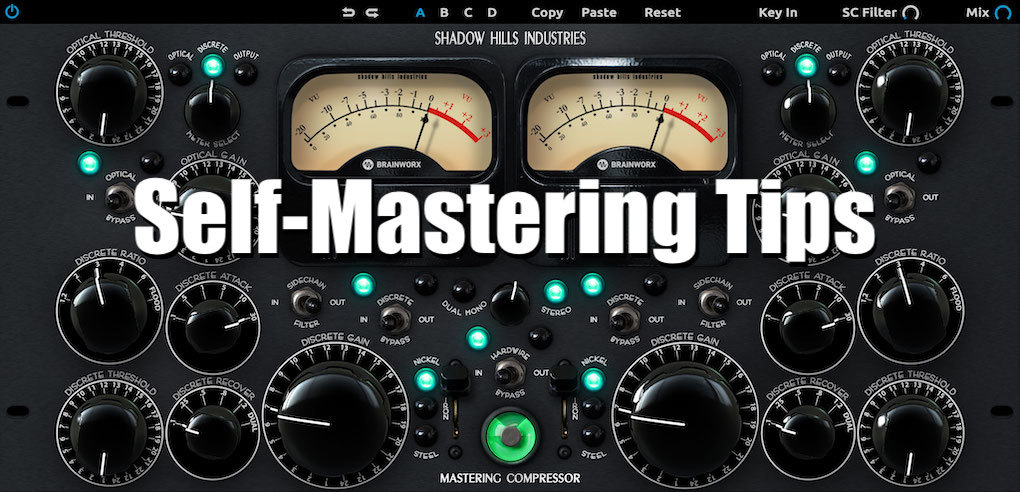- in Engineering , Production by Bobby Owsinski
Having Trouble With Self-Mastering? These 8 Tips Will Help

The mastering tools available today are so powerful that it’s easy to do more harm than good when self-mastering. Yes, you’re better off using an experienced mastering engineer, but for many artists, bands and songwriters, that’s just not in the budget. Here are a few self-mastering tips from the 4th edition of my Mastering Engineer’s Handbook (they can also apply to mixing) that I don’t think you’ll find anywhere else.
Adjusting the Attack and Release controls on the mastering compressor and/or limiter can have a surprising effect on the program’s sound. It’s a secret weapon of mastering engineers but often overlooked by musicians and engineers attempting to do their own mastering. If you choose to do self-master, always keep the following in mind when you’re setting up your mastering compressor:
- Slower Release settings will usually make the gain changes less audible but will also lower the perceived volume.
- A slow Attack setting will tend to ignore drums and other fast signals but will still react to the vocals and bass.
- A slow Attack setting might also allow a transient to overload the next plug-in or piece of equipment in the chain with an uneven mix.
- Gain changes on the compressor caused by the drum hits can pull down the level of the vocals and bass and cause overall volume changes in the program.
- Usually only the fastest Attack and Release settings can make the sound “pump.” Pumping can be desirable under certain circumstances for a mixer, especially when set to the tempo of the track, but it’s an unwanted artifact during mastering.
- The more bouncy the level meter, the more likely that the compression will be audible.
- Quiet passages that are too loud and noisy are usually a giveaway that you are seriously over-compressing.
- And of course what may be the biggest tip of all, set the compression ratio of your mastering compressor to 1.5:1 or 2:1. Think gentle here instead of aggressive.
You’re just as likely to make a mix sound worse instead of better when self-mastering if you’re not sure of what you’re doing, but that’s less likely to happen if you follow the above tips.
You can read more from The Mastering Engineer’s Handbook and my other books on the excerpt section of bobbyowsinski.com.

